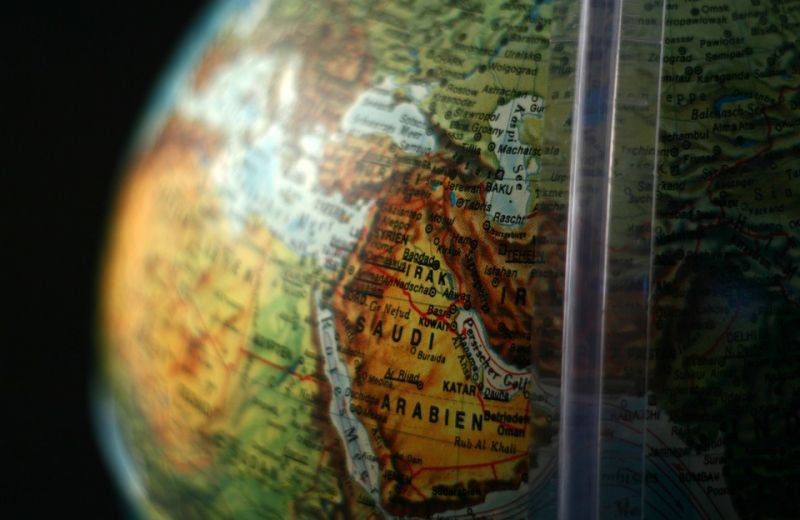 Op-eds
/ The Israeli-Palestinian Peace Process
Op-eds
/ The Israeli-Palestinian Peace Process
The meeting of the Middle East Quartet, which convened in the margins of the annual debate of this year’s United Nations General Assembly, was part of an attempt to breathe new life into the multinational mechanism that was set up in 2002 and which has been quite dormant in recent years. Oddly enough, since the resignation of Tony Blair as the representative of the Quartet (May 2015) and despite the fact that a replacement for him has not been named, the informal group has begun to show signs of coming to life.
In recent months, representatives of the Quartet – from the United States, the European Union, Russia and the United Nations – held a series of meetings across the Arab world. These occurred in Cairo (June), in Amman (July), and in Riyadh (September). The focus of these meetings was to identify and promote measures that will preserve the viability of a two-state solution, improve the situation on the ground, and will enable the restarting of peace negotiations between Israel and the Palestinians in the future. However, these meetings also had another purpose – to increase the involvement of Arab states and the Arab League in efforts to promote the peace process, while emphasizing the Arab Peace Initiative.
The meeting of the Quartet, which took place on September 30th in New York, was supposed to be the highpoint of these efforts and senior representatives from Egypt, Jordan, Saudi Arabia and the Arab League were also invited to attend. And yet, the results of the meeting were far from a breakthrough. Issues raised included a need for the Quartet to consult on a regular basis with regional actors and to hear other voices in the international community; a call for both Israel and the Palestinians to implement previously signed agreements in a more complete manner, and to take concrete steps on the ground with the help of the Quartet. Moreover, it was decided that a diplomatic delegation of the Quartet is to be dispatched to both Jerusalem and Ramallah in mid-October in an attempt to create some sort of positive momentum.
The Quartet’s efforts do not occur in a vacuum. In the past year, the international community has devoted extensive energy to answering the question of what are the possible next steps it might take in order to promote a solution to the IsraelPalestinian conflict. While the United States is still in a phase of reassessing its policy, which it announced after the failure of the negotiations led by Secretary of State John Kerry, it has been mainly France that has tried to launch new initiatives. However, these efforts, chiefly among them an attempt to introduce a UN Security Council resolution outlining agreed-upon parameters for a two-state solution, were postponed again and again. This happened first because of the elections in Israel, later because of the negotiations between the P5+1 and Iran about the latter’s nuclear program, and finally because of a lack of American support.
In the absence of progress on the content of an agreement, the international community began in the summer of 2015 to contemplate the possibility of the creation of a new mechanism – an International Support Group for the IsraeliPalestinian Peace Process. At its core, this initiative is an attempt to add a number of European and Arab countries to the Quartet. The French led this effort, it was supported by the UN Special Coordinator for the Middle East Peace Process, and the European Union Foreign Affairs Council authorized its High Representative for Foreign Affairs and Security Policy to lead consultations on the matter. The impetus for this initiative was influenced by the success of the model of negotiations conducted by the P5+1 with Iran, which proved to them that an international coalition has the capacity to reach diplomatic achievements.
Unfortunately, it seems as though the meeting of the Quartet that took place on the margins of the UN General Assembly actually impeded the effort. The current members of the informal organization seem to wish to preserve its current standing and composition. However, if the Quartet wishes to create new momentum on the Israeli-Palestinian channel it must show a willingness to renew and reinvigorate itself while accepting additional countries into its fold (and not merely consulting and taking advice from them). The creation of a new international mechanism to advance the prospects of a two-state solution will not likely bring peace, but it is possible that it would assist the international community in executing new coordinated initiatives whose implementation has failed time and time again over the past year.


